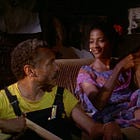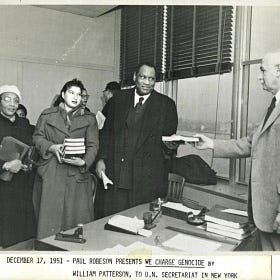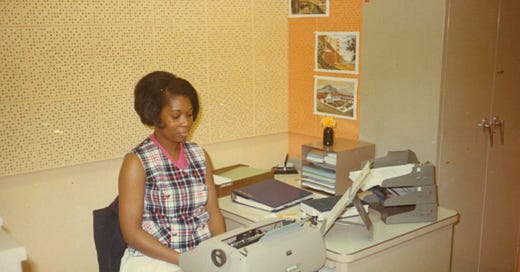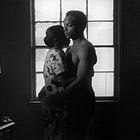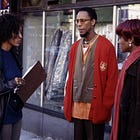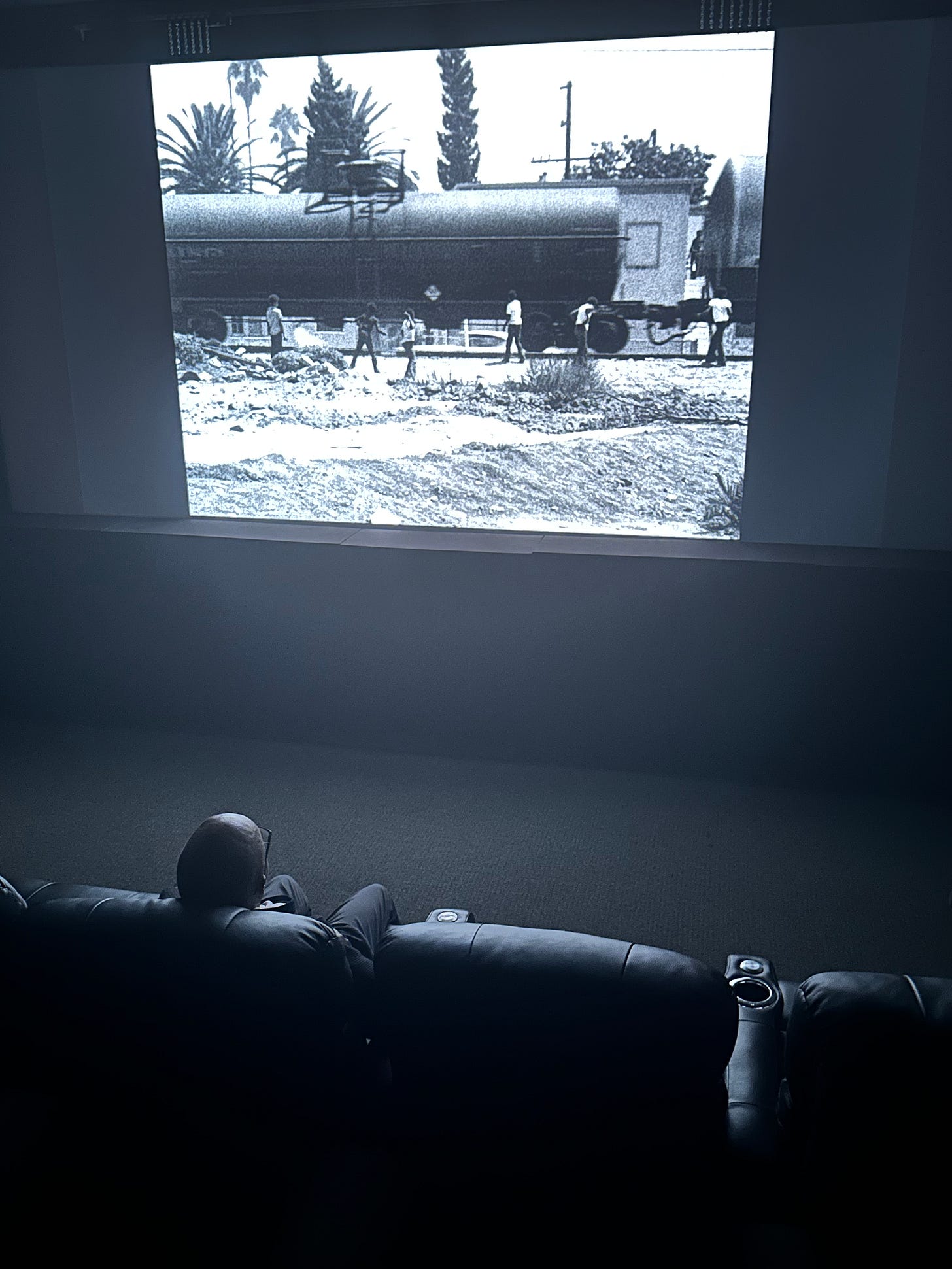NYC: On Tuesday July 22 at 6 p.m., I will be leading a FREE archival imagination workshop + screening at MoCADA (Museum of Contemporary African Diasporan Art) in Brooklyn screening Ayoka Chenzira’s “MOTV (MY OWN TV),” a Milestone Film. Please join us.
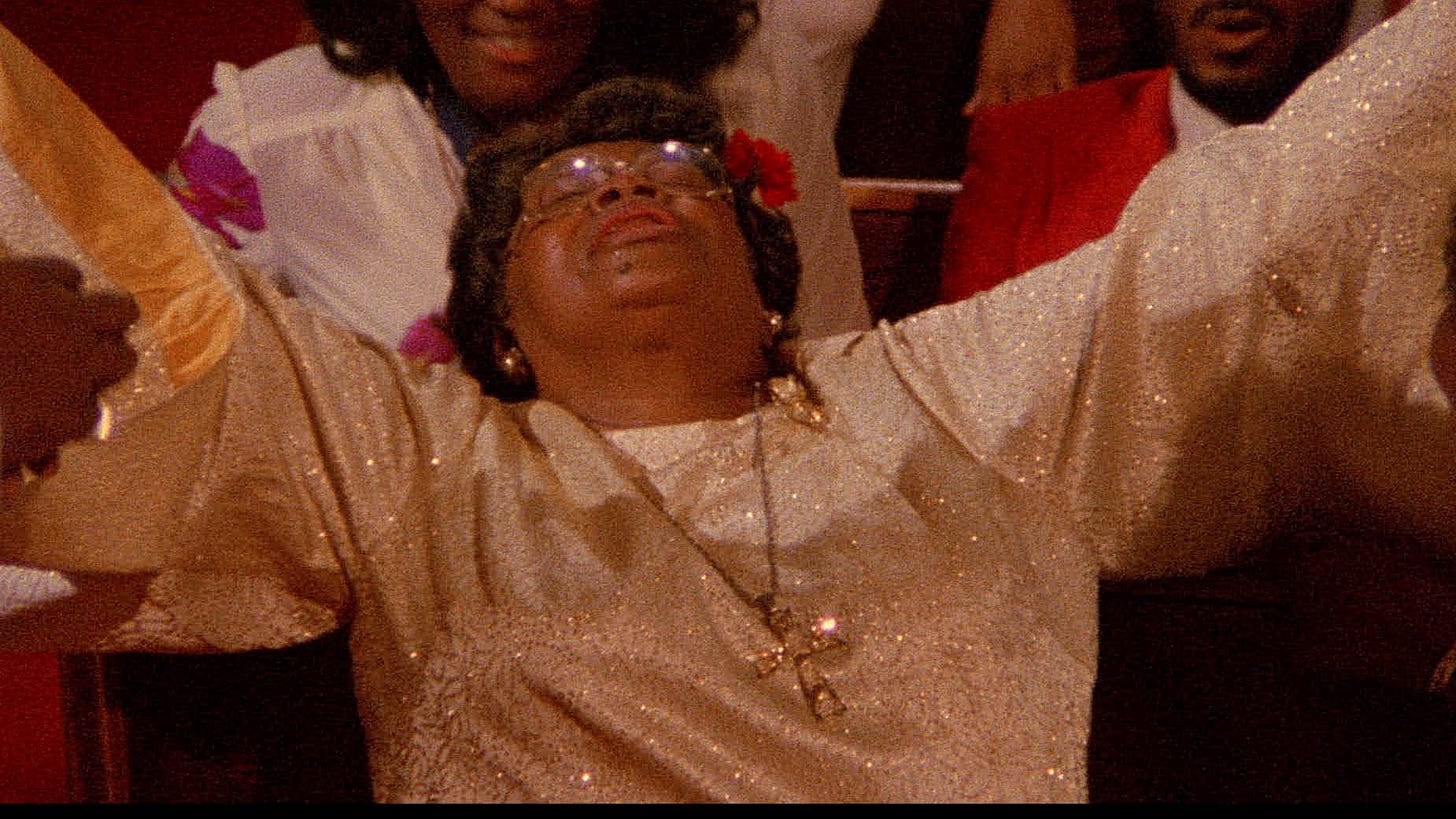
When I first learned I was going to become the president/owner of Milestone Films, it was during the summer 2024 premiere run of “Naked Acts.” As the story goes— I had brought “Naked Acts”1 to Milestone Films and worked on every aspect of its release from press, design, and distribution strategy. Across the year of “Naked Acts,” the question from audiences across the world simply was: What are you following this up with? That eagerness for something with their name on it… wasn’t to rush me but to suggest that this work had filled a void and there was more work to be done. I would always respond with, ‘what would you like to see?’ Taking notes from the audience directly.
Fast forward to: A few weeks ago, a major milestone on my journey of becoming the president occurred: I acquired my first film.2 Milestone Films, focusing on repertory titles3 (and will continue to during my reign), means this acquisition is an older film that hasn’t received nationwide distribution before. The details of the film— directed by a Black director, with a Black writing team— won’t be the focus here. I will allow the film to have its own moment but my thinking, as promised in my announcement of becoming a film distributor, will be.
Acquisition of any art work is a delicate dance of trust. Countless hours and people make the magic of movies happen, with varying degrees of pay or public understanding. There is a long history of filmworkers of color being burned by film distribution. When we consider that often these films are made outside of Hollywood’s expectations, financing, and public relations machine, they also aren’t a one sized fits all mold for distribution or exhibition.4 In the modern era, by the time distributors are aware of a repertory title for release, academics or public demand make it so distribution feels like a natural course of action.
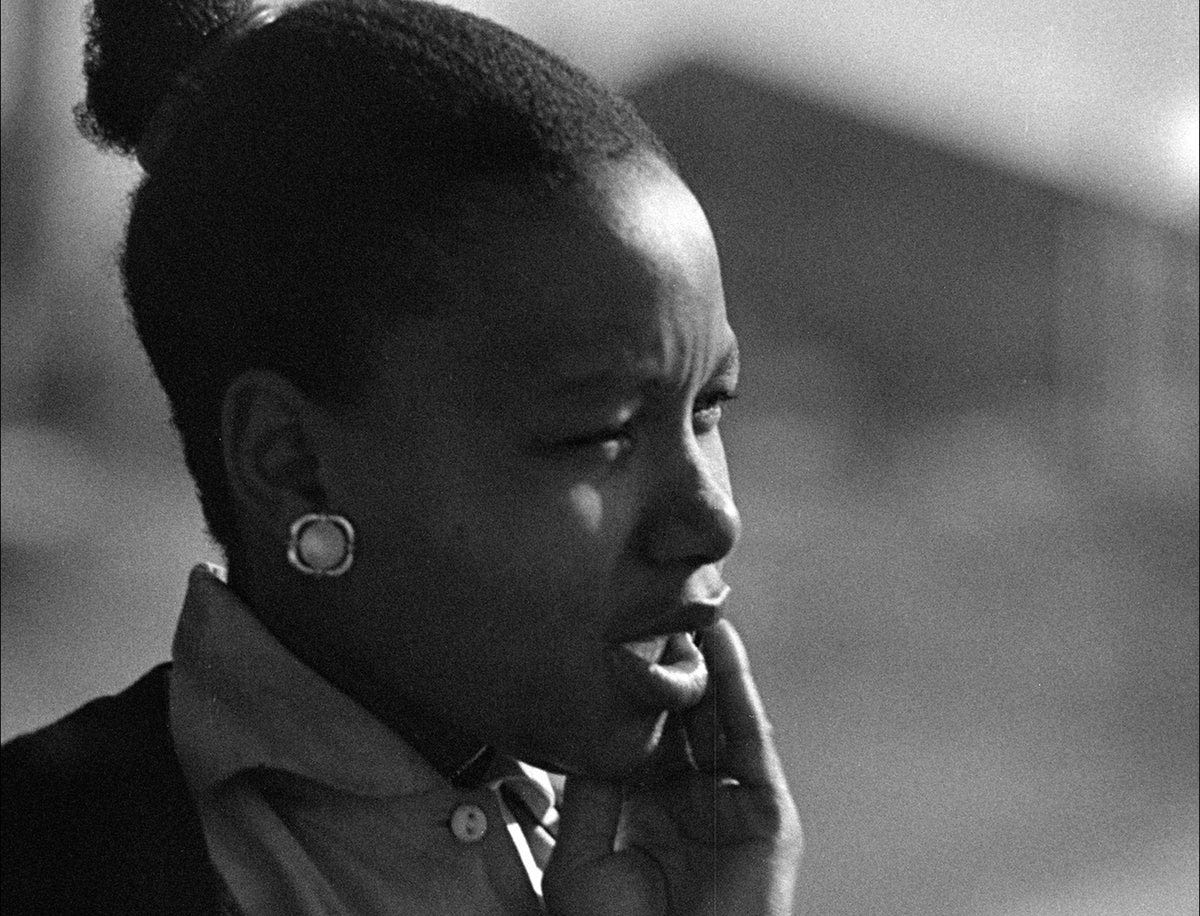
Here are three essential things I’m asking myself as I forge ahead on this distribution path:
How do I honor the full legacy of film history? With the releases I am working on for my first year as President, there are varying degrees of public knowledge of them; with some having no public awareness at all. Distribution—and the acquisition of new films— often relies on other historical tools— positive New York Times reviews, big festival splashes, et al— to make the contextual shorthand easier for audiences to grasp onto. Honoring the legacy of films that have never received any historical recognition is harder work... Audiences have become accustomed to repertory films having a certain kind of anticipation but if I follow the path of exporting my curatorial taste to other institutions’s validation, only a certain type of film could be acquired. Honoring the legacy of the films I hope to release means breaking this chain of logic.
How do I allow a film to reach its intended audience? Like common convention for acquisition, there is common convention for how a repertory film should be released. Honoring the full legacy of films mean that I must believe there are more than one path for films to find their way. I am doing deep readings of the past to find new ways to exhibit films in the future.
How do I honor myself by understanding things take time? The “glamour” of this work— grand stories of rediscovery and new restorations— take time. Acquiring films is the first step among several before a movie, hopefully, reaches cinemas. The dance of trust and patience that filmworkers employ for cinema’s creation must also be applied to distribution. By honoring that things take time, we can also create individual strategies for each film that allows it to reach those who are anticipating the work even if they do not yet know it.
If you’ve followed my writing for any length of time, you’ll know that I am an optimist. As headlines roll on about the death of cinemas, I see unshakeable opportunities to engage audiences with film. The labor and birth of Black Film Archive has taught me, time and time again, that there will always be a way for audiences to cherish and engage meaningfully with art. Let us follow that path to new dimensions while honoring the paths that brought us here.
As I wrote in my announcement of the distribution diary, the focus of this newsletter will remain on Black Film Archive beyond a missive here or there on distribution. Also, I want to re-elevate something I wrote a year ago that has been on my mind to reshare:
For All We Know and For All We Cannot Yet See
Growing up in the American South I thought often of the work belabored by matriarchs that shaped my home and heart. There was the mending, tending, and plowing work that kept the home in order; the heavy are the hands that bring life into each stitch, ditch and pitch that kept our families together; and the invisible thread of care, tenderness, and cour…
The Year of Naked Acts is written about here.
I have worked with Milestone on the acquisition of other films before I was incoming President and because film restoration timelines vary, other films I’m working on may be released before this film :-)
Repertory distribution means the distributor focuses on classic/older films. Bringing back films into the fold instead of focusing on new releases. Some distro labels do both.
Exhibition of movies is showing films in cinemas, non theatrical spaces, or film festivals. Cinema owner/operators are exhibitors.





